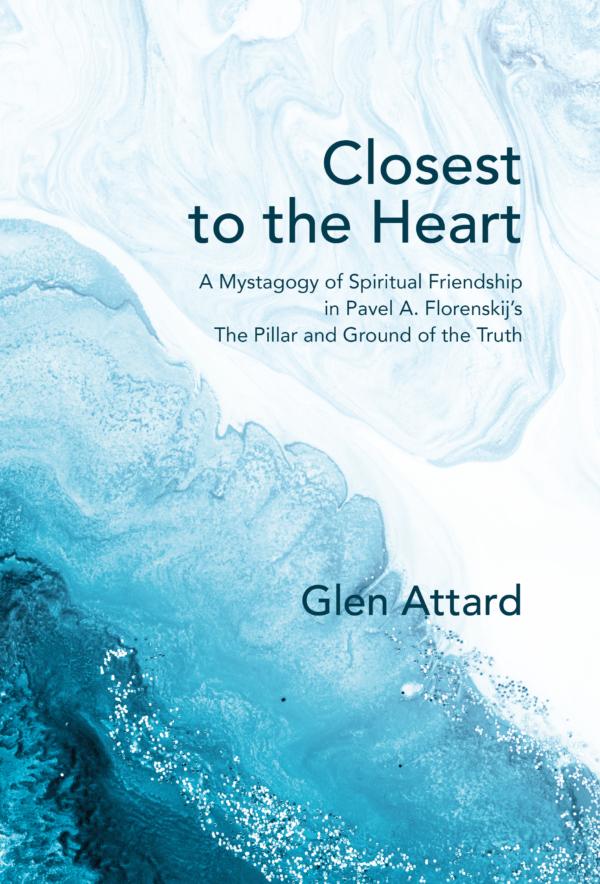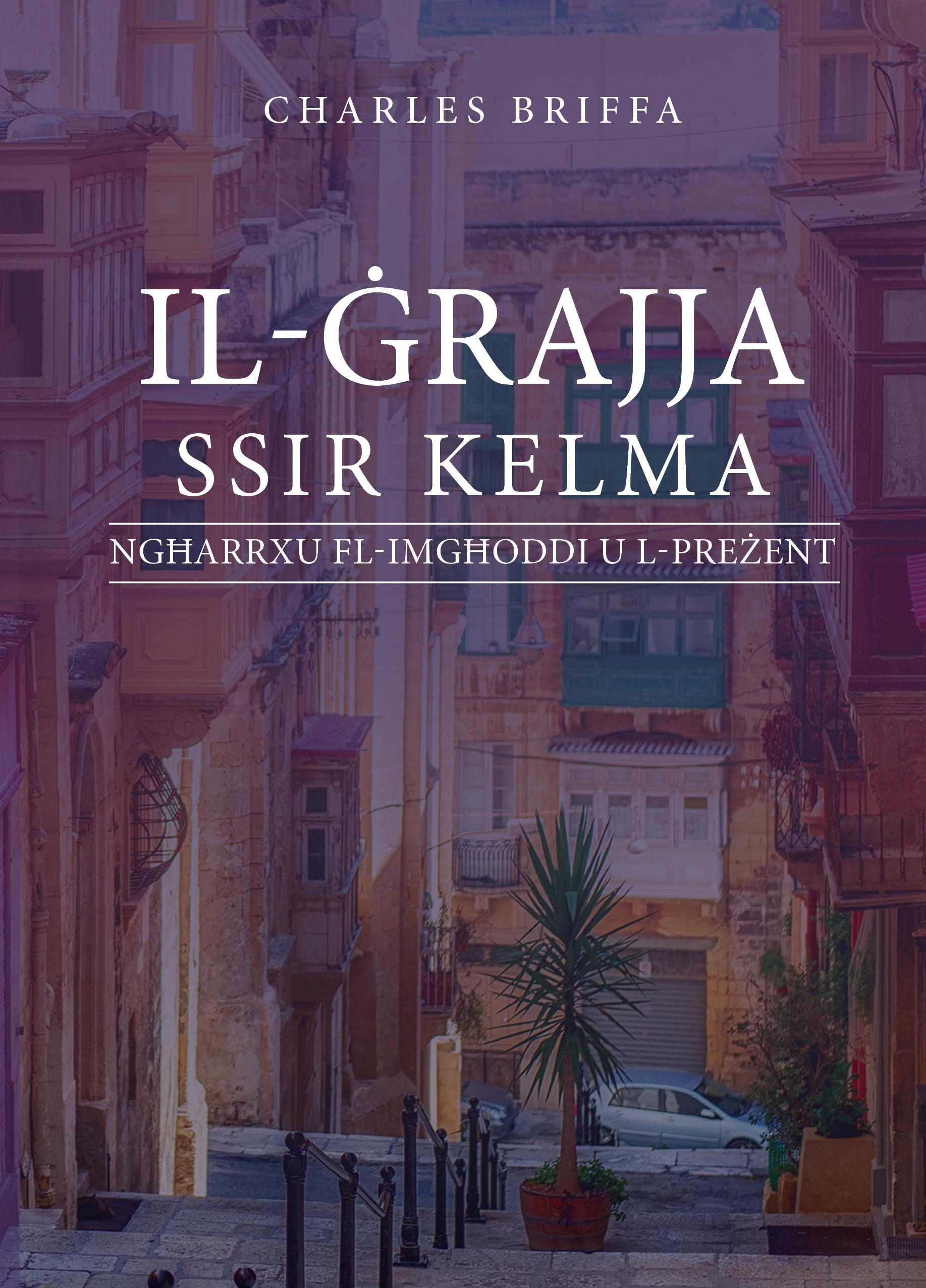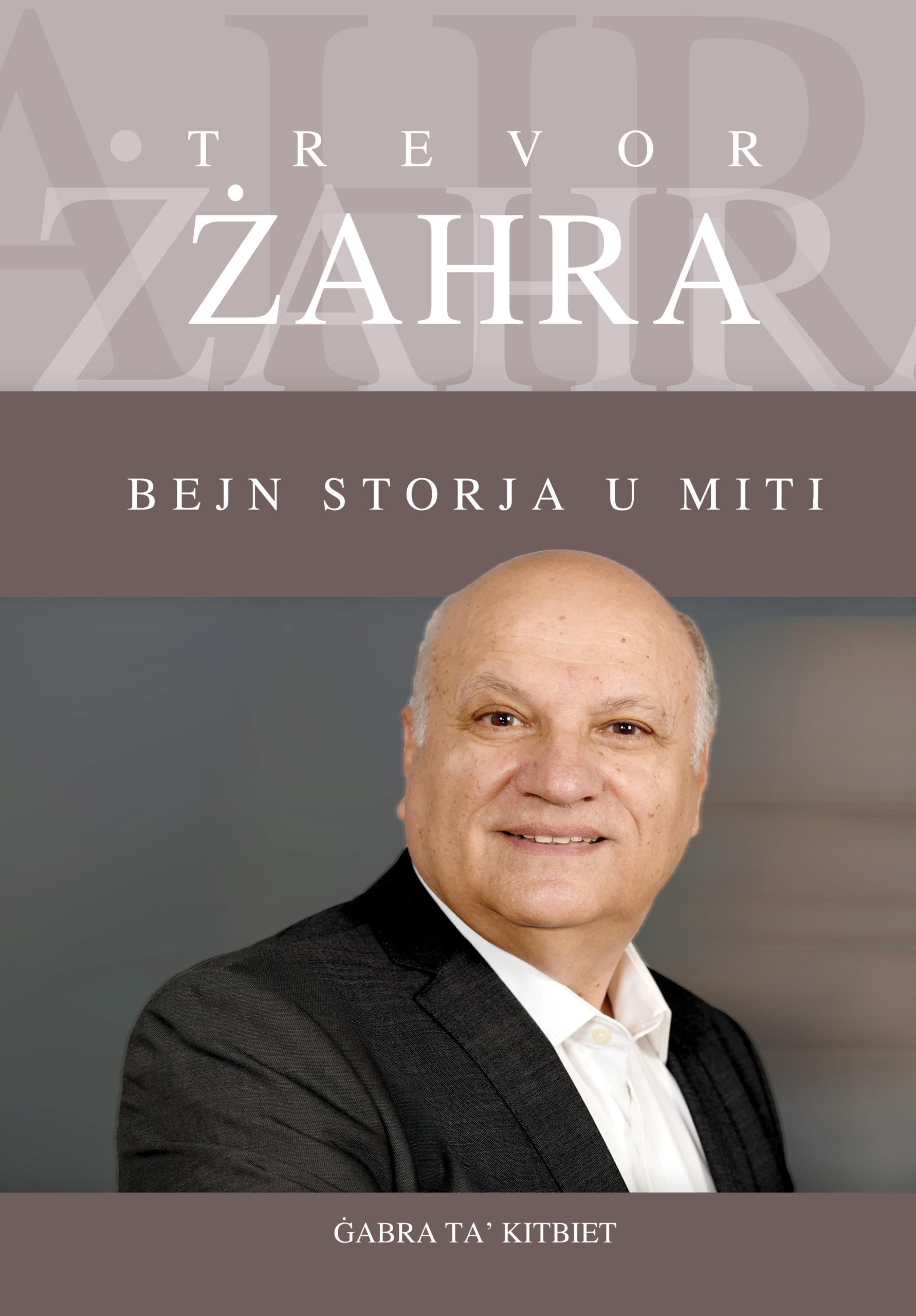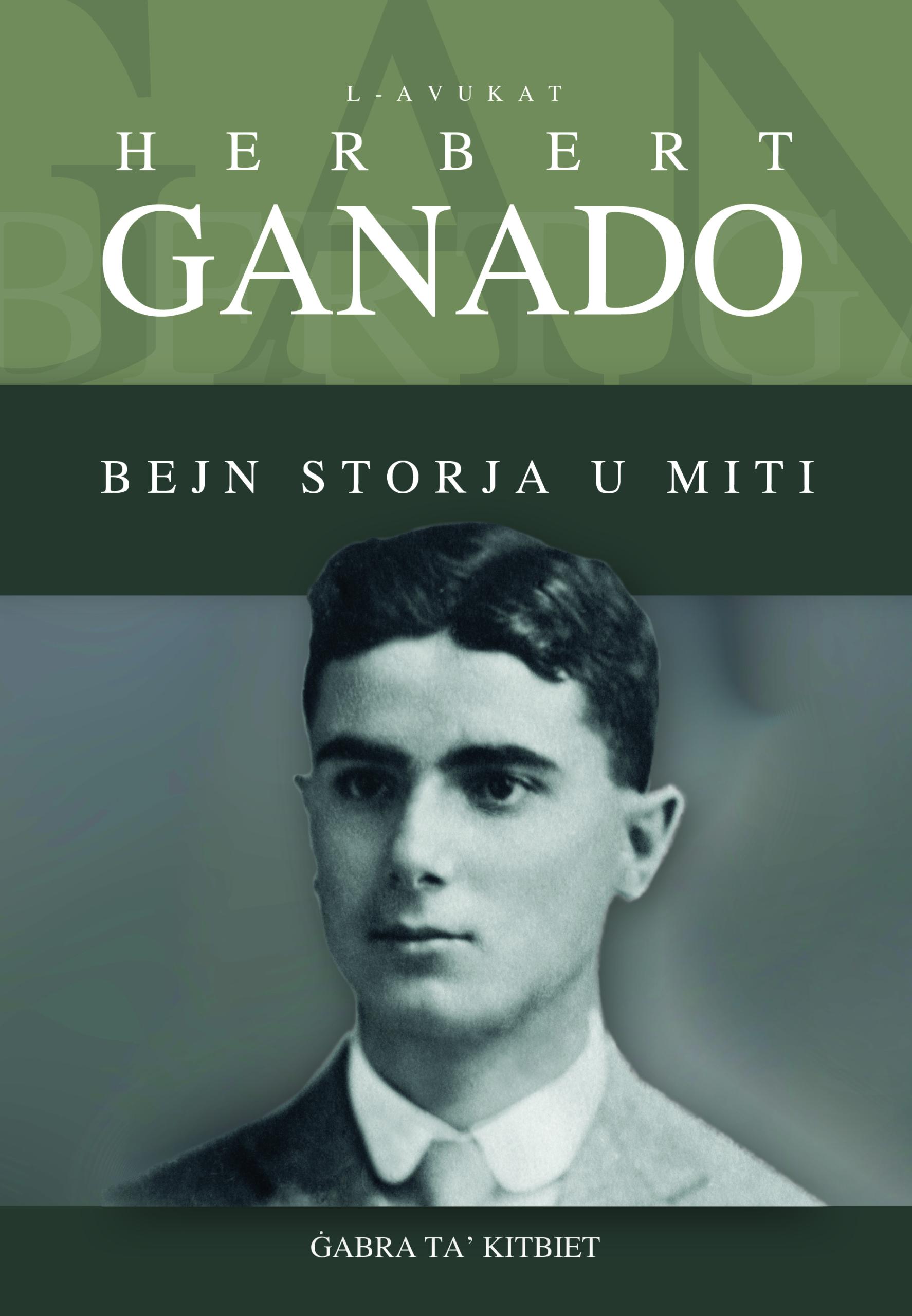This study argues that friendship is the pivot around which revolves the entire thought system of The Pillar and Ground of the Truth: An Essay in Orthodox Theodicy in Twelve Letters (1914), written by the renowned Russian polymath Pavel A. Florenskij (1882-1937), and that in our author’s view, friendship is not merely psychological or philanthropic but mystagogical. It is first of all – at least in the experience of the Church – a metaphysical or ontological bond which unites two souls together. True friendship is formed not of like minds, like thoughts, or like feelings, but of something metaphysically deeper than that, i.e., of the self-revelation of the spiritual Truth itself. It is only in the Truth, self-proving and self-abasing, that any human endeavour for spiritual, life-affirming meaning is found. Theologically speaking, friendship is the encounter between God and man. The solid ground of the Triune God – defined by our author as a friendship of inextinguishable love – builds, therefore, the beautiful pillar that is human, concrete, spiritual friendship in the Church, which is, above all, lived in the heroism of everyday life. As Christ’s two natures are distinct but not separate, fused but not confused, so are two souls bonded together in the communion of friendship without each ever losing their own individuality. Likewise, particular philic bonds are distinct but equally necessary for the general agapic bonds of the Church. Given today’s reclaiming of paradox both as an epistemological as well as an existential category, this study could not be more relevant to today’s metamodern culture. Florenskij’s mystagogy of friendship has the potential to dialogue with the metamodern self who is more connected than ever before but also more confused and isolated. It can offer spiritual certitude that so lacks in our times. Our analysis of Florenskij’s theodicy intends to highlight a path trodden by many generations of mystics before us so as to recover today the value of spiritual friendship.
“In appropriating Florenskij’s own dialogical methodology to himself, fashioning his work along its lines, we can rightly claim that the present welcome study is, indeed, a defining one in present-day Florenskij scholarship, dialogical as it is in investigative style and outreach.”
Robert F. Slesinski, Independent Researcher
“Accumulatively, [this work] points the way towards a fresh interpretation, much needed now in view of re-awakened but often partisan or not particularly well-informed interest in a possible revival of the rite of brother-making.”
Avril Pyman, Durham University
“A complex, creative, and courageous academic work, and a genuine scientific contribution to spiritual theology.”
Donna Orsuto, Pontifical Gregorian University
Glen Attard O.Carm. (b. 1986) holds an Associateship Diploma in Music (A.L.C.M.) from the London College of Music at the former Thames University in London, a Bachelor’s Degree in Sacred Theology (S.Th.B.) from the University of Malta, a Licentiate Degree in Sacred Theology with a specialisation in Spiritual Theology (S.Th.L.) from the Pontifical Gregorian University in Rome, and a Doctorate in Sacred Theology (S.Th.D.) also from the Gregorian University. Being fluent in numerous languages, Attard has delivered talks in Malta, his home country, as well as abroad on Pavel Florensky, Russian Orthodoxy and culture, and Carmelite Spirituality. Since 2015, he is a Resident Academic of the Faculty of Theology at the University of Malta, where he forms part of the Department of Moral Theology. His lectures specialise in Western and Eastern Spiritual Theology. Since 2018, he is also the Executive Director of the Carmelite Institute Malta, Provincial Secretary and Archivist to the Maltese Carmelite Province, and Coordinator of the MA Spirituality course at the University of Malta.
Enquiries for this book from countries outside Malta are kindly required to send an e-mail to [email protected]








